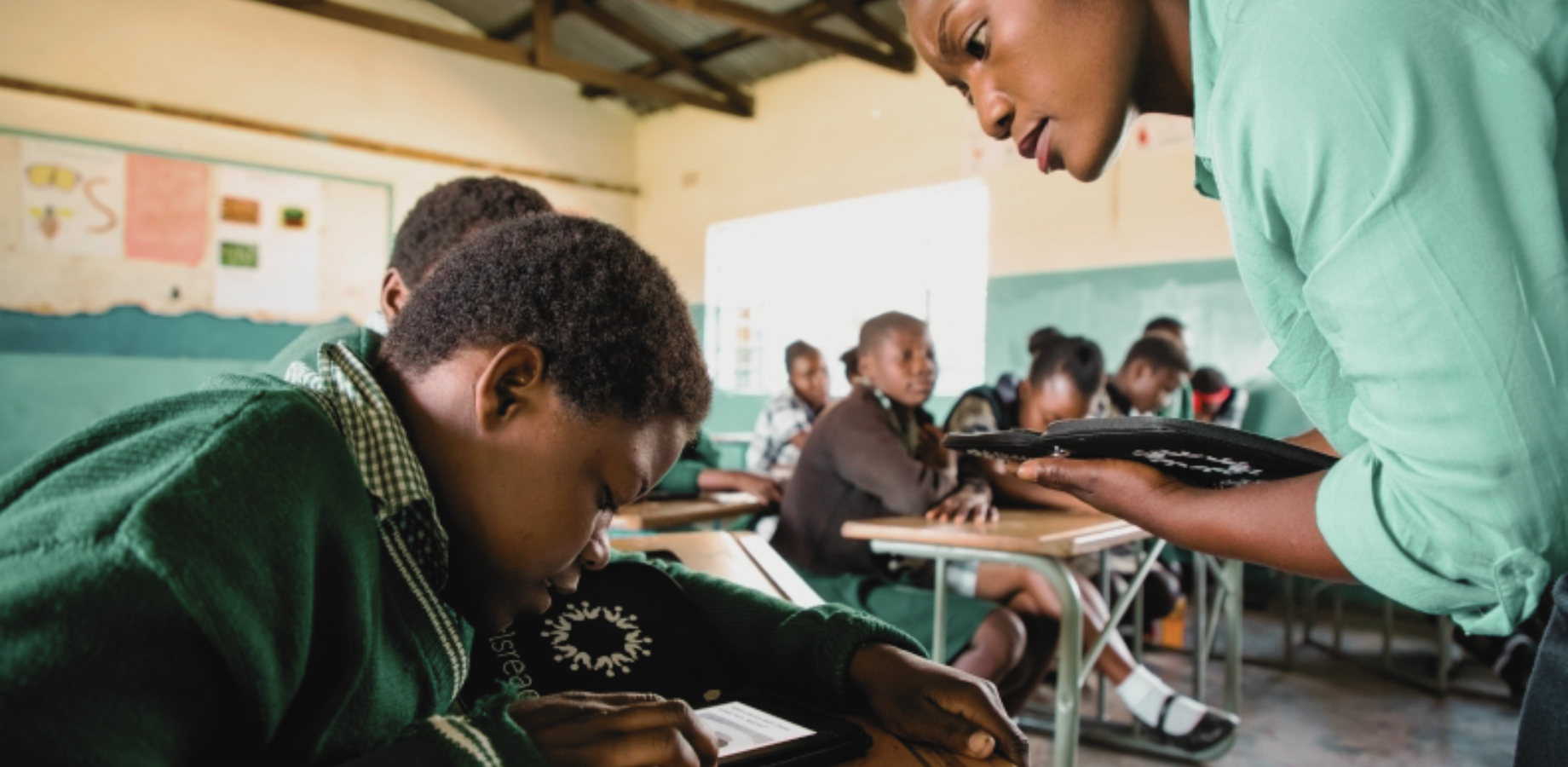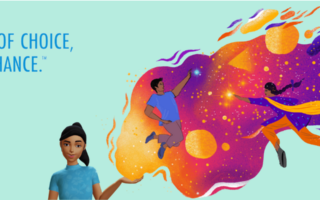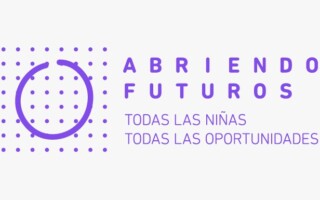
Low- and middle-income countries have made enormous progress in expanding primary school enrollment since the 1990s, especially for girls. Yet questions remain about how best to address continued challenges in school enrollment, progression, skill acquisition, and school quality, as well as the best approaches to promoting broader outcomes like ambition, agency, cognitive ability, and critical thinking skills.
A recent Population Council analysis of trends in gender equality in education reveals that, in many low- and middle-income countries, progress has stagnated, and even in settings where girls and boys complete the same amount of schooling, they may not gain and retain the same skills.

EGER is a searchable, easy-to-use, interactive database for practitioners, researchers, donors, and decisionmakers to drive better education results for girls, boys, and communities around the world. Through data visualizations EGER shows the greatest education needs of girls and boys; what is being done to meet them on the ground; and where evidence, and evidence gaps, exist.
EGER hosts more than 700 profiles of organizations that implement programs, conduct research, advocate, network, and fund efforts in the gender and education space in more than 100 countries. It contains details on more than 1,050—and counting—current projects. Curated evidence from recent meta-analyses and systematic reviews helps identify what interventions work for which outcomes, and highlights where the research gaps remain. EGER also shows country-level indicators for key gender and education outcomes, including literacy, completion rates, school-related gender-based violence, and more.
EGER is led by the Population Council’s GIRL Center in partnership with Echidna Giving.
By bringing together diverse stakeholders working to improve education for girls, this project is bridging the divide between research and practice to ensure that evidence is more easily and more consistently integrated into decisionmaking in the education field.
In February 2021, EGER launched the Girls’ Education Roadmap, a first-of-its-kind report that forges a shared path for global girls’ education, based on needs and evidence. Reviewing thousands of studies and exploring hundreds of organizations working across dozens of countries, this roadmap aims to answer the questions: Who’s doing what? What’s working where? What are the biggest needs facing girls?
Watch informational videos about EGER, the Roadmap, and how you can get involved on YouTube. Learn more about the Roadmap and join our mailing list to hear the latest updates.




